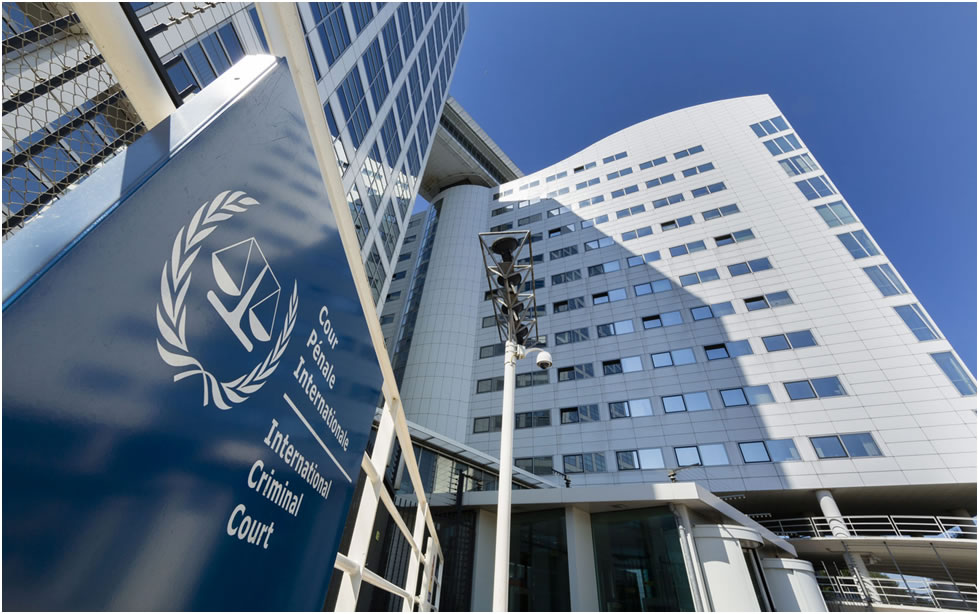NAIROBI,Kenya – Aggression is listed as one of the core crimes under the Rome Statute of the International Criminal Court (ICC), which established the ICC. The Rome Statute provides that a state commits the crime of aggression when it plans, prepares, initiates, or executes an act of violence. Aggression is specifically defined as when a state uses armed force to violate the sovereignty, territorial integrity, or political independence of another state in violation of the UN Charter.
The Nuremberg Trials of World War II were the first to recognize the crime of aggression, with Nazi leaders found guilty of “crimes against peace,” the precursor to the modern concept of the crime of aggression. However, the crime of aggression was not immediately included in the Rome Statute when the ICC was established in 1998. It took years of negotiations and discussions for the crime to be formally defined and included in the Rome Statute, with the relevant amendments adopted in 2010 but came to effect on July 17, 2018 after a threshold of 30 ratifications was met.
Article 8 bis of the Rome Statute defines “crime of aggression’’ to mean the planning, preparation, initiation or execution, by a person in a position effectively to exercise control over or to direct the political or military action of a State, of an act of aggression which, by its character, gravity and scale, constitutes a manifest violation of the Charter of the United Nations.
The statute further highlights the act of aggression include invasion, attack, occupation, bombardment, or blockade, and any other similar action. Articles 15 bis and ter outlines the process for activating the Court’s exercise of jurisdiction as well as the modalities regarding State Party referral, the ICC Prosecutor’s proprio motu authority, and referral by the UN Security Council (UNSC).
Despite the breakthrough, the current legal frame work of prosecution of the crime of aggression has limitations which leads to glaring accountability gaps. Based on the definition of the crime under the Rome statute, prosecution of leaders for the crime of aggression can be politically delicate and complex since aggressiveness frequently entails state-to-state confrontation, particularly when the aggressor state is a strong one. Further, the threshold for what constitutes an act of aggression can be difficult to determine which opens up a debate of what constitutes an unlawful use of force.
The ICC’s role in prosecuting the crime of aggression may be limited by geopolitical considerations, particularly when are involved. The fact the Crime of Aggression has a unique jurisdictional major powers or permanent members of the UN Security Council regime under the statute, which cannot be triggered in the same manner as with other crimes of the Rome Statute (genocide, crimes against humanity and war crimes). This opens up the Rome statute for manipulation especially by the most powerful state parties.
In conclusion, the crime of aggression is a significant part of international criminal law, aimed at deterring state-led violence and holding leaders accountable for illegal uses of force that breach international peace and security. However, its application faces significant challenges due to political complexities, especially when major powers are involved, and the difficulty of defining what constitutes an unlawful act of aggression.
The writer, Vincent Kimathi, is a Programme Manager at ICJ Kenya.







